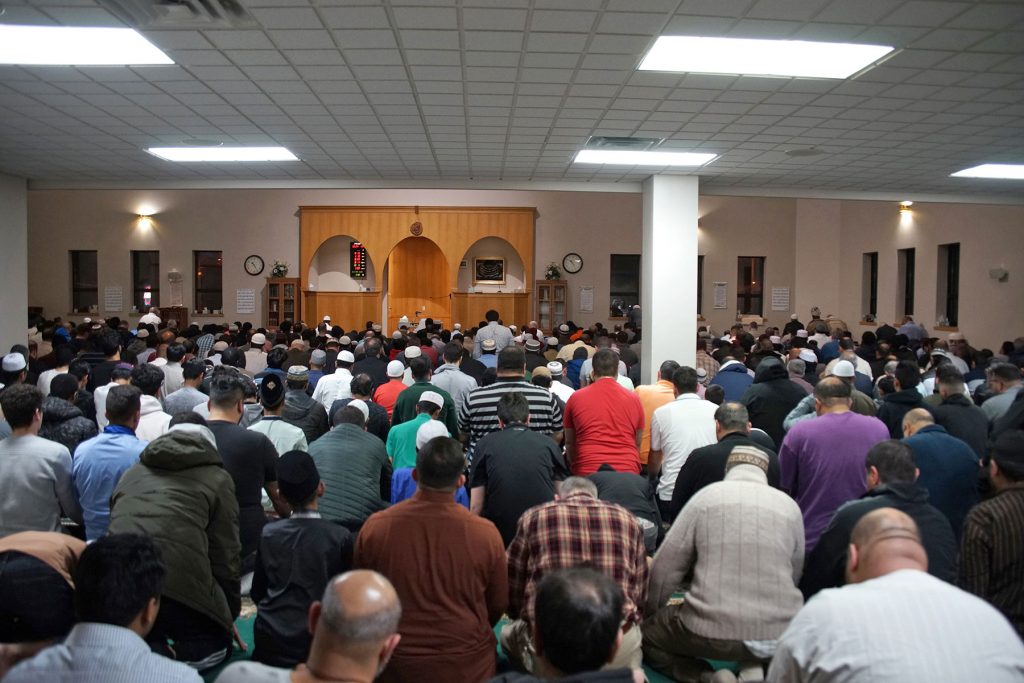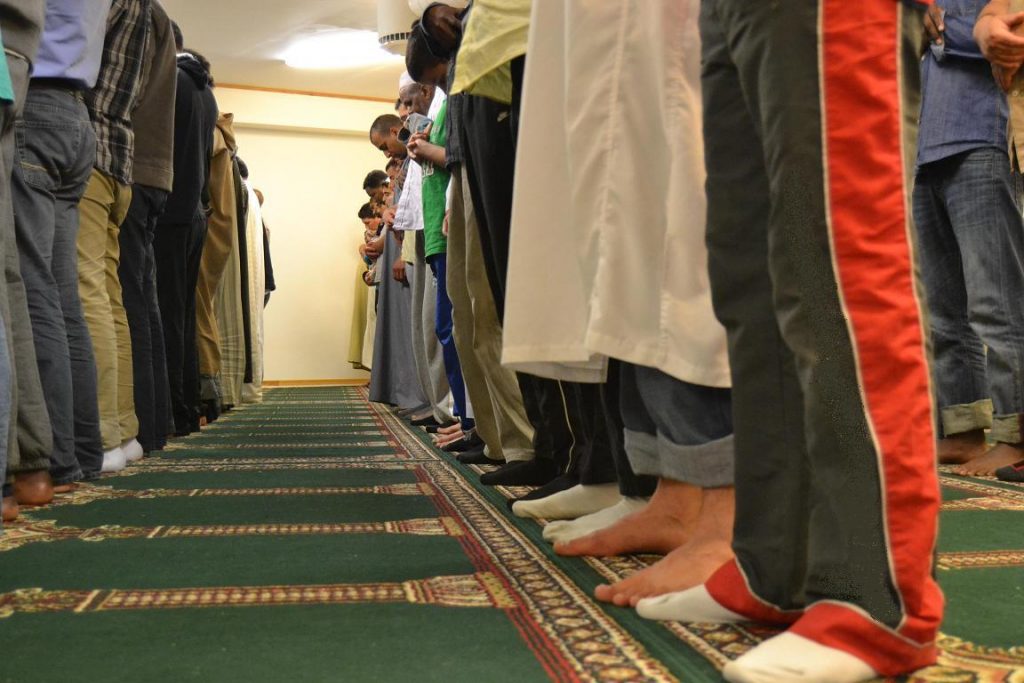I used to suffer quietly in Ramadan with exhaustion and guilt and used to secretly wish for it to be over as soon as possible.
I used to suffer quietly in Ramadan with exhaustion and guilt and used to secretly wish for it to be over as soon as possible.
Often I bid farewell to Ramadan with guilt. Guilt over not striving hard enough in Ibadah; guilt over falling behind my Ramadan goals… but this year is different; this year, I just feel so happy and grateful! Here lies a spiritual lesson on worship.
In the last four years, God blessed me with two children and four Ramadans. So as you can expect, the last four Ramadans have been especially hard for me. We all know about Ramadan guilt and mom guilt. They tend to stick around relentlessly. But it’s the combined force of the-two-guilts that is lesser spoken about. When these two forces of guilt combine, the experience for a believer can be backbreaking and soul-wrecking.
I used to suffer quietly in Ramadan with exhaustion and guilt and used to secretly wish for it to be over as soon as possible. As a new mother, I felt disconnected from myself and from Ramadan. Standing, or even while sitting in Taraweeh, I would want to fall into a lump and just sleep. Reading the Quran with concentration was a huge challenge, and this was despite not fasting or praying Taraweeh for all thirty days.

This year as Ramadan approached my fears started to simmer again, but nothing of that sort happened. Right from the beginning of Ramadan, I found fasting doable, had time and energy to read Quran with focus, and enjoyed praying Taraweeh. I find myself surprised that in only four years my energy and enthusiasm are back again… but this new found spirit also leaves me reflecting on my guilt.
I believe that perhaps the guilt came from the fact that I was unable to appreciate God’s concession in Ramadan to those in need, because I was interpreting that concession as a ‘physical and spiritual inability’, rather than a sign of God’s Wisdom and Mercy. The Creator made our heart, body and mind to function in a certain way, and out of His Mercy chose a way of life for us, that is in tune with His creative design. I only gently feel regretful today that I did not honor enough the needs of my body and heart to slow down, and did not benefit enough from all the rest and sleep I could have had in Ramadan, and perhaps even asked Allah to reward me for partaking in His mercy, and thank Him continuously for His compassion. Surely that too would have been worship. I find solace though in reminding myself that sincere guilt is a good sign, and appreciated by Allah.

The problem is we like to hasten. We are impatient. But the heart and body are patient and gentle, they never go out of tune with the nature God created them with. They need time and gentleness to heal, which results in a fuller and stronger recovery. In a sense, healing means to slow down physically, with compassion. Toxic guilt slows down recovery, whereas compassionate acceptance speeds it up, and compassion fills us with hope and peace. Recognizing this is also integral to Ibadah.
This year too I had fallen behind on my Ramadan goals and I accept that much of that was due to complacency and neglect. I should have done more. I seek refuge from Allah from laziness and all my many faults, but more than anything, I thank Him for granting me a wonderful Ramadan. I really enjoyed it. It was great to feel a little more like myself again. It was amazing to find willingness and strength. I look forward to Ramadan next year. As I close, I smile and wonder what new spiritual adventures future Ramadans will bring. I pray that every Ramadan, Allah guides us to a higher state of piety and understanding.
by Muznah Madeeha.
This article was inspired by a speech by Muslim speaker and coach Megan Wyatt, which can be found here.


